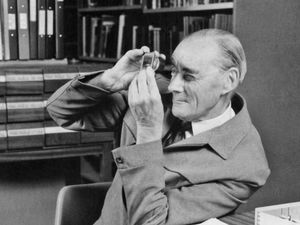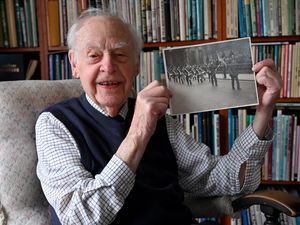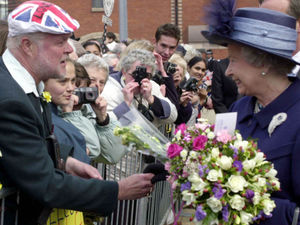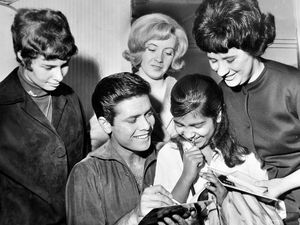How Covid and electric cars helped put famous foundry on the brink
Born at the height of the steel-making boom in the late 19th century, Chamberlin & Hill saw rapid expansion to become a major player in the region's manufacturing sector.
Watch more of our videos on ShotsTV.com
and on Freeview 262 or Freely 565
Surprisingly little is known about the company's early days, but we do know that a Mr Chamberlin and Mr Hill set up an iron foundry business in the Chuckery area of Walsall in 1890. The company initially specialised in thin-section castings used in toy making, electrical switchgear and domestic hardware, and became well-known for its black money boxes. In its first year of trading, Chamberlin & Hill turned over £1,840, or about £200,000 at today's prices.
But with the growing mechanisation of manufacturing, particularly in the textile industry, the company spotted an opportunity to expand. In 1902 it opened a second foundry on the site of an old brewery in Lichfield, which specialised in the manufacture of larger castings, with a particular emphasis on machine tools.
Hill retired from the business in 1903, and died the following year. His daughter was appointed company secretary – a post she would hold for the next 40 years – and Chamberlin remained chairman until his retirement in 1912.
The First World War saw much of the operation turned over to the manufacture of munitions. Chamberlin retained his interest in the business after retirement, but the death of his only son during the war prompted a change of heart, and he sold his share to the Bather family. The Bathers gradually increased their stake until they took full control of the business in 1920.
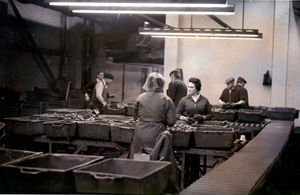
The company continued to expand at a rapid pace, but it was rocked in 1944 when its managing director, Herbert Fiennes Bather, died suddenly in his office at the age of 40.

